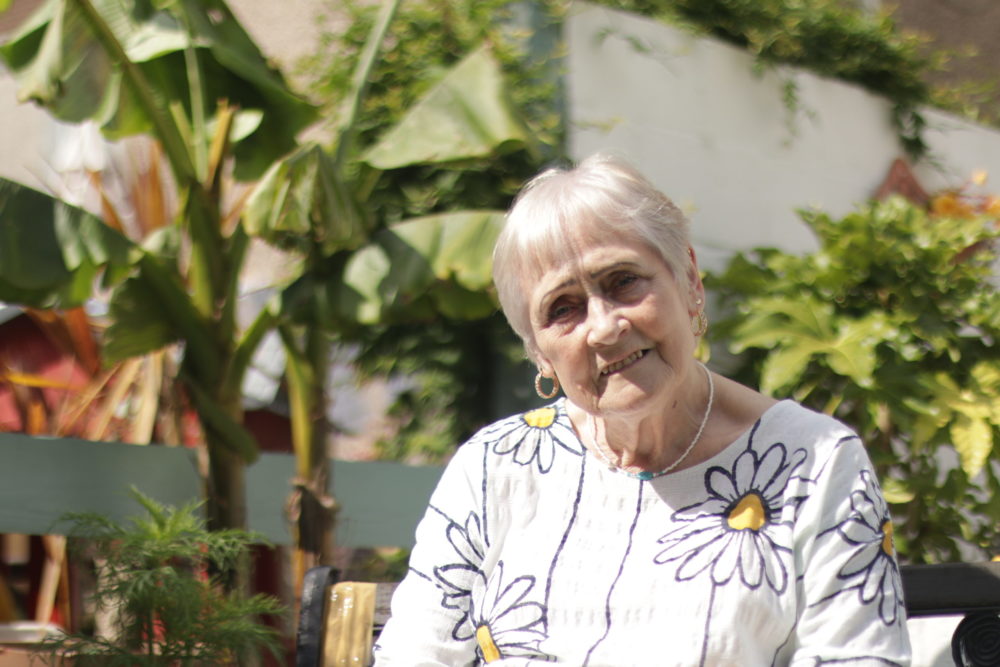Wales survival rates among worst in world for some of the most deadliest cancers

Wales lags woefully behind other countries for cancer survival according to data shared today by the Less Survivable Cancers Taskforce (LSCT).
The Taskforce, which represents six less survivable cancers: lung, liver, brain, oesophageal, pancreatic and stomach, with an average five-year survival rate of just 16%, has released the findings on Less Survivable Cancers Awareness Day to highlight the loss of life caused by this deadly cancer gap.
Low rankings
The findings released today are based on a new analysis of existing data and the world survival rankings of cancers of the lung, liver, brain, oesophagus, pancreas and stomach. Wales, and the UK, ranks below most other countries for these six cancers.
The data shows that out of 33 countries of comparable wealth and income levels, Wales ranks as low as 32nd for five-year survival for stomach cancer and 31st for pancreatic cancer and lung cancers. This rises to 21st for liver and oesophageal cancers and 12th for brain cancer. This poor survivability for less survivable cancers is similar across all UK nations.
The countries with the highest five year survival rates for less survivable cancers were Korea, Belgium, USA, Australia and China and the new analysis found that, if people in the UK survived at the same rate as those in these countries, then over 8,000 lives could be saved annually. Currently, in the UK around 15,400 people will survive for five years following a diagnosis of a less survivable cancer – if the UK had survival rates comparable to the top five performing countries, this number could be close to 24,000.
The reasons behind the UK’s lethal gap in survival are complex and experts believe they are likely to be a mix of delayed diagnosis and slow access to treatment. Many patients with a less survivable cancer will only be diagnosed after an emergency admission to hospital or an urgent GP referral after symptoms have become severe.
Currently in the UK, 7 in 10 patients receive no treatment at all for pancreatic cancer and of the 10,000 people diagnosed annually, just 10% receive surgery, the only potentially curative treatment. These poor outcomes are often the result of patients waiting too long for a confirmed diagnosis and for treatment to begin.
The less survivable cancers make up nearly half of all common cancer deaths in the UK and over 90,000 people are diagnosed with one of the less survivable cancers in the UK every year. Despite their prevalence, the less survivable cancers receive a fraction (16.6%) of research funding of more survivable cancers.
“Disappointing”
Judi Rhys MBE, Chief Executive of Tenovus Cancer Care and Chair of the Less Survivable Cancers Taskforce Wales subgroup, said: “People diagnosed with one of these six cancers still have a shockingly low life expectancy. The figures released today are concerning and it’s extremely disappointing to see how poorly Wales, and the UK, compares to our international counterparts.
“The actions we’ve repeatedly called for – targeted screening and monitoring those most at risk – would have a huge impact on survival. These latest statistics should be a strong reminder to Welsh Government of the importance of prioritising and accelerating cancer survival initiatives.
“Without concerted effort and action now, we will continue to miss opportunities to save lives.”
Delyth Jewell, MS and Plaid Cymru Deputy Leader in the Senedd, said: “Improving outcomes for less survivable cancers is something that would make an enormous difference to people across the country and it’s also a cause close to my heart. We must come together, regardless of our political differences, to bring Wales and the whole of the UK on a level with other countries when it comes to survivability. I fully support Less Survivable Cancers Awareness Day and everyone working to defeat these devastating cancers.”
“Lucky to be alive”
Christine Tattersall, 73, from Llanelli, Carmarthenshire, was diagnosed with stage 4 oesophagael cancer in 2018. Against all the odds, consultants gave her the five year all-clear on her birthday last summer after extensive radiotherapy and chemotherapy treatment.
Christine said: “I feel so lucky to be alive. I left it a year before going to see my GP after experiencing heartburn and increasing difficulties swallowing my food. I kept saying to my friends I really must see about this. By the time I saw my doctor, I couldn’t swallow anything – including hot and cold drinks – without severe pain.
“I just didn’t think it was all that serious. I went to the hospital on my own for my results, me being a toughie, and the consultant told me straight up it was cancer. I said don’t be silly, it’s a stomach ulcer, and he then told me I had about two years to live as oesophageal cancer was deadly. I was heartbroken, and angry with myself for not going to see the GP earlier.”
The LSCT has hosted events at Holyrood, the House of Commons and the Senedd this week to talk to MPs, MSPs and MSs about the critical situation for people diagnosed with less survivable cancers and to call for a commitment from all UK governments to increase survival rates to 28% by 2029.
Support our Nation today
For the price of a cup of coffee a month you can help us create an independent, not-for-profit, national news service for the people of Wales, by the people of Wales.






The NHS seems to be failing big time thanks to Tory cuts and Senedd incompetence.